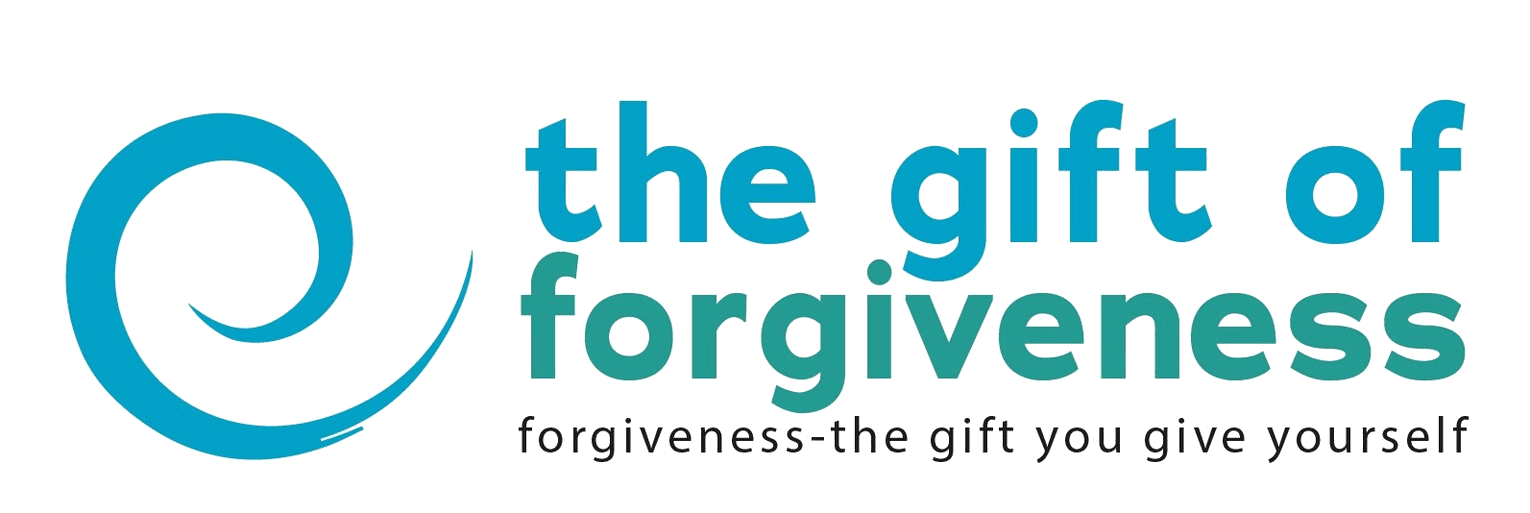FAQ’s
“There is no love without forgiveness, and there is no forgiveness without love.” – Bryant H. McGill
-
It is not condoning unkindness.
-
It is not excusing poor behavior.
-
It is not minimizing your hurt.
-
It does not mean reconciling with the offender.
-
It is not just forgetting the hurt or the obstacle.
-
Examples:
-
You can forgive your spouse and still proceed with a divorce.
-
You can forgive your mother-in-law for criticizing your cooking and not invite her to weekly Sunday dinners.
-
You can forgive your children and still set boundaries against disrespectful and unsafe behaviors.
Unfortunately, insurance does not cover Forgiveness coaching yet.
Yes and no. Self-forgiveness is all about having compassion for the “mistakes” we have made in the past. It is looking at ourselves through the lens of gentle compassion and realizing we did the best we could with the knowledge we had a the time. Hopefully, the process helps us not repeat the same behavior.
Self-forgiveness is loving ourselves and empowering ourselves to grow and become better human beings. We have control over ourselves, not other people.
Chronic anger puts you into a fight-or-flight mode, which results in numerous changes in heart rate, blood pressure, and immune response. Those changes, then, increase the risk of depression, heart disease, and diabetes, among other conditions. Forgiveness therapy can calm our stress levels, balancing the nervous system which often leads to improved health and a feeling of well-being.
When we forgive, we find ways to control and own our emotions and responses instead of allowing the actions of others to dictate our lives. It empowers us to free ourselves from being the “victim” and gain a sense of emotional strength. Forgiveness encourages emotional growth by promoting empathy, compassion and understanding.
Yes! The same process works for people who are alive or who have passed.
No, this healing is for yourself and only yourself. You don’t have to discuss the work with the person who hurt you as their participation is not necessary. It truly is a gift of healing you give yourself.
We create connections with other people when we love AND when we get hurt. While love creates wonderful feelings, hurt/anger/grudges create fear and stress in our bodies. Love and unforgiveness can’t exist at the same time. When we forgive, we untether ourselves from the hurt and the pain, which allows us to be more available to love. When we can’t forgive, we limit our capacity for love. Our heart constricts which is a protective mechanism, yet it doesn’t allow love in.
Even if the person is unable to recognize they have hurt us, we can forgive them. Remember, we forgive for the sake of ourselves and not for the perpetrator. It is the gift we give to ourselves.
